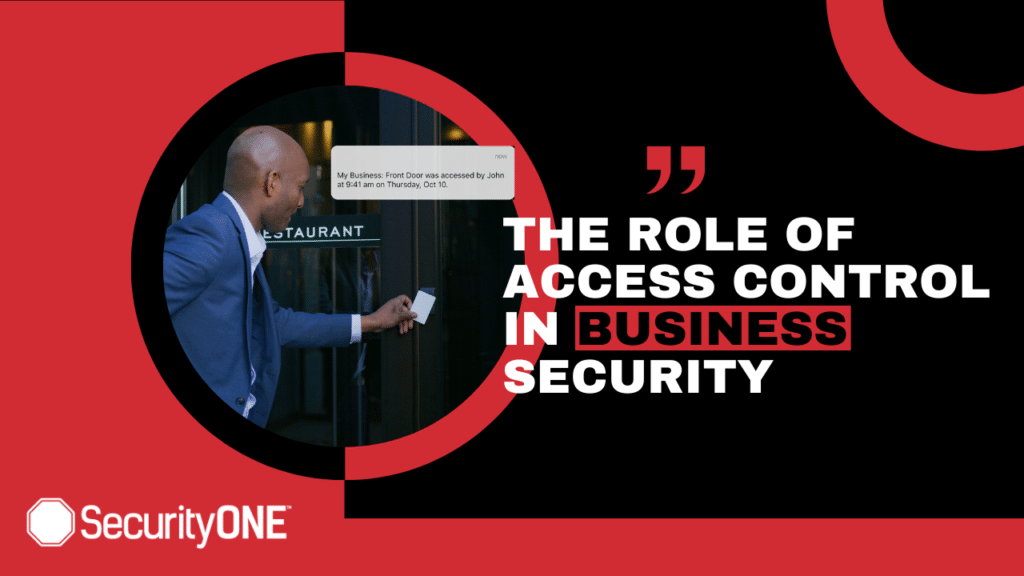In an ever-evolving digital landscape, safeguarding a business’s assets extends far beyond physical barriers. Access control stands as a crucial linchpin in the realm of business security, offering a sophisticated means to manage and fortify protection against unauthorized entry or data breaches.
What is Access Control?
At its core, access control refers to the selective restriction of access to a place or resource. In the context of businesses, it encompasses an array of mechanisms, both physical and digital, designed to regulate and manage who can enter specific areas or access sensitive information.
Why do You Need Access Control in Business Settings?
Protecting Physical Assets: Access control systems, such as keycards, biometric scanners, or smart locks, play a pivotal role in securing physical premises. These systems not only prevent unauthorized individuals from entering restricted zones but also maintain a comprehensive record of access attempts, aiding in investigations if needed.
Safeguarding Sensitive Data: In an era where data is an invaluable asset, controlling who can access critical information is paramount. Digital access control measures like password protection, encryption, and multi-factor authentication act as formidable shields against cyber threats and data breaches.
Compliance and Regulatory Requirements: Many industries are bound by stringent regulations governing the protection of sensitive data. Access control systems aid businesses in meeting these requirements by implementing robust security protocols that adhere to compliance standards.
What are the Benefits of Implementing Access Control Systems?
Enhanced Security: By limiting access to authorized personnel only, businesses can significantly reduce the risk of theft, vandalism, or unauthorized data access, bolstering overall security measures.
Increased Operational Efficiency: Access control streamlines the management of employee access rights, reducing administrative burdens associated with physical key management and providing a centralized system for access permissions.
Customizable Access Levels: These systems allow businesses to create hierarchies of access, granting different levels of permissions to employees based on their roles within the organization, ensuring the right people have the right level of access.
The Future of Access Control
As technology continues to advance, the future of access control seems poised for even greater innovation. Integration of artificial intelligence, machine learning, and biometric authentication systems promises more robust and adaptive security measures for businesses.
In today’s rapidly evolving threat landscape, implementing robust access control systems is not just a precautionary measure; it’s a necessity. These systems serve as the frontline defence, fortifying physical spaces and digital assets against an array of potential threats. By investing in sophisticated access control mechanisms, businesses can safeguard their assets, ensure regulatory compliance, and foster a more secure operational environment.
Custom Solutions for Your Business
Comprehensive access control solutions tailored to the unique needs of your businesses is the cornerstone of fortifying your security infrastructure. Speak to a security expert today.
Want to learn more about how your business can integrate digital access control? Register for our Webinar March 20th.

